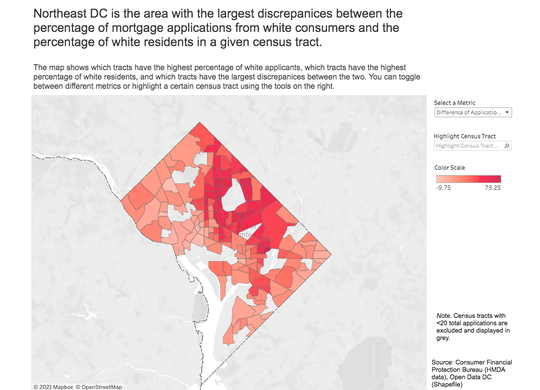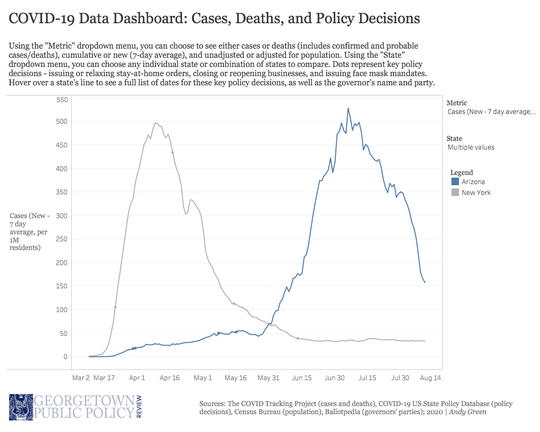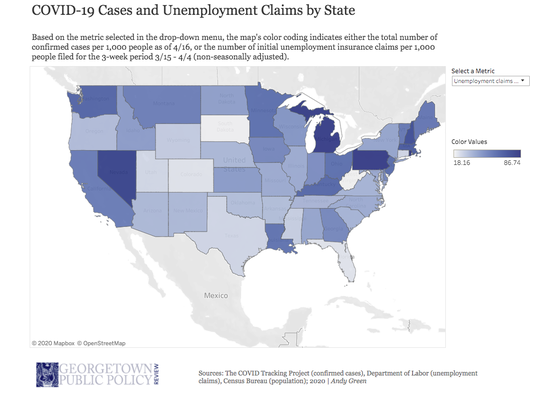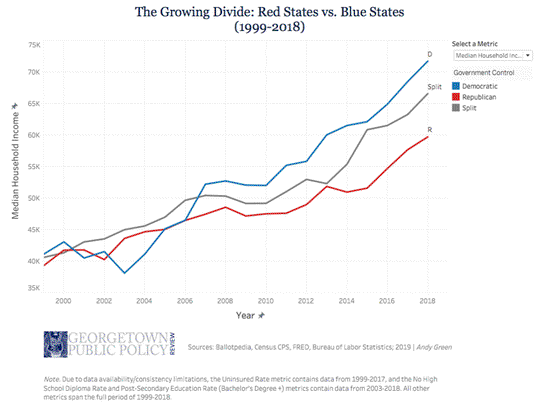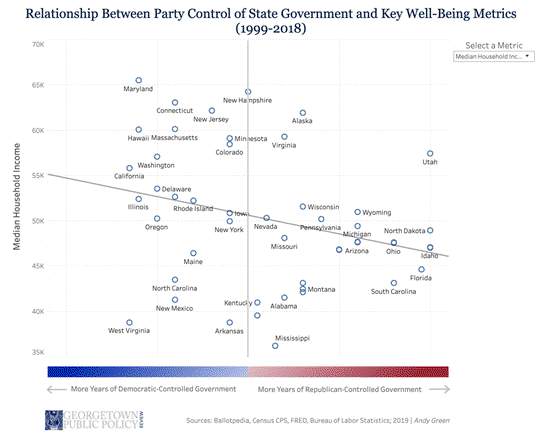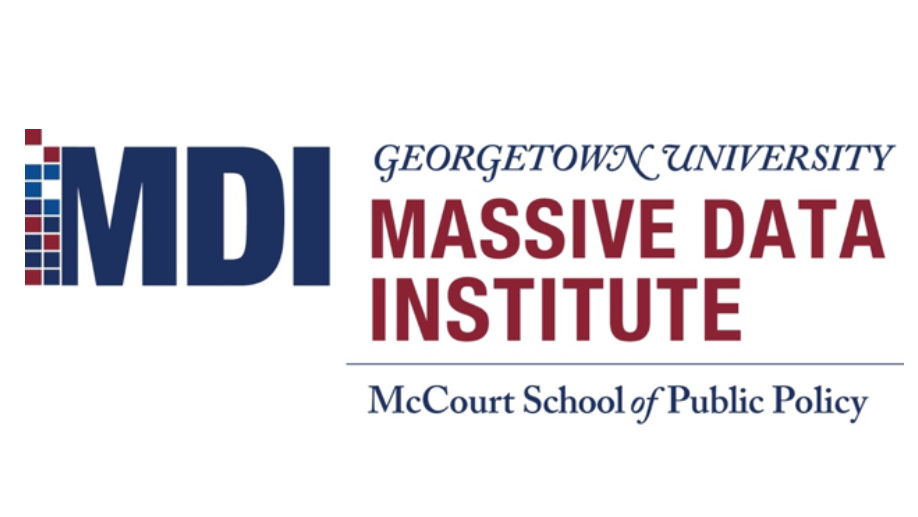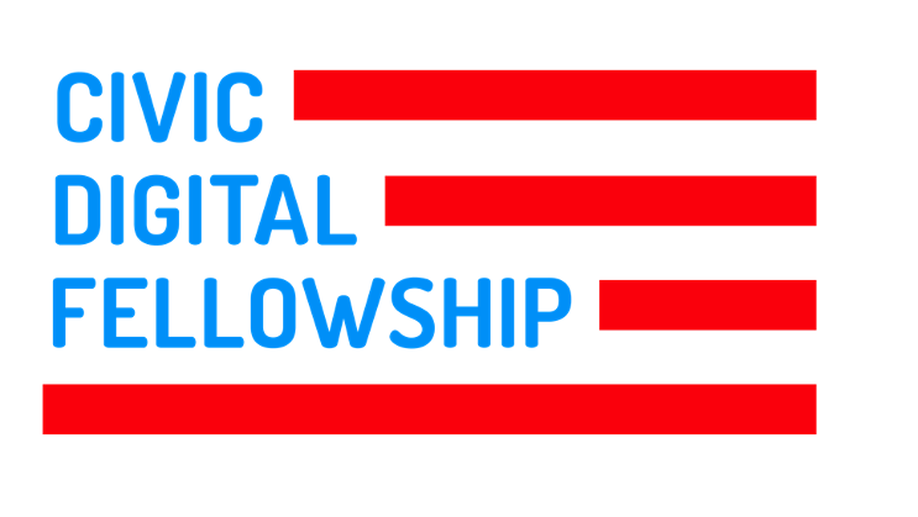Andy Green
Data Scientist & Researcher
Background
Mission-driven data scientist with a passion for using data to solve complex problems and answer interesting questions. I have over a decade of experience across government, think tanks, academia, and the private sector, including over four years of experience leading teams. Some of my work experiences include:
- Assessing algorithmic fairness and developing less discriminatory credit scoring models at the CFPB
- Evaluating the coverage and cost effects of health insurance reform policies at the Urban Institute
- Improving service delivery and outreach for federal government programs at BlueLabs/Inroads
- Collecting, processing, and analyzing text data to develop measures of political ideology at the Massive Data Institute
Interests
- Fairness in machine learning
- Consumer financial markets
- Health insurance policy
- Civic tech
Education
Master of Science in Data Science for Public Policy (MS-DSPP), 2021
Georgetown University
Bachelor of Business Administration (BBA), 2014
University of Michigan
